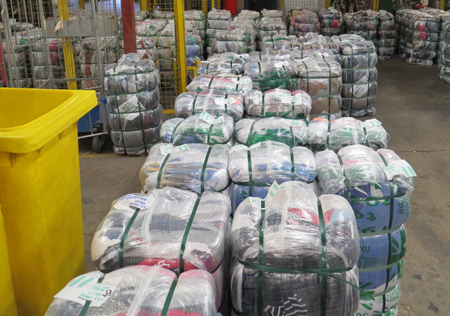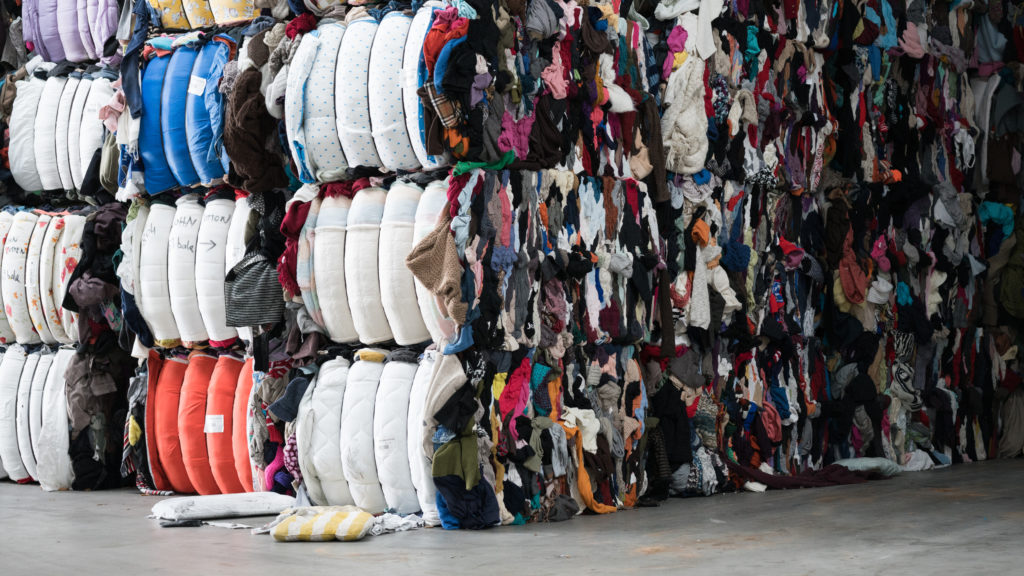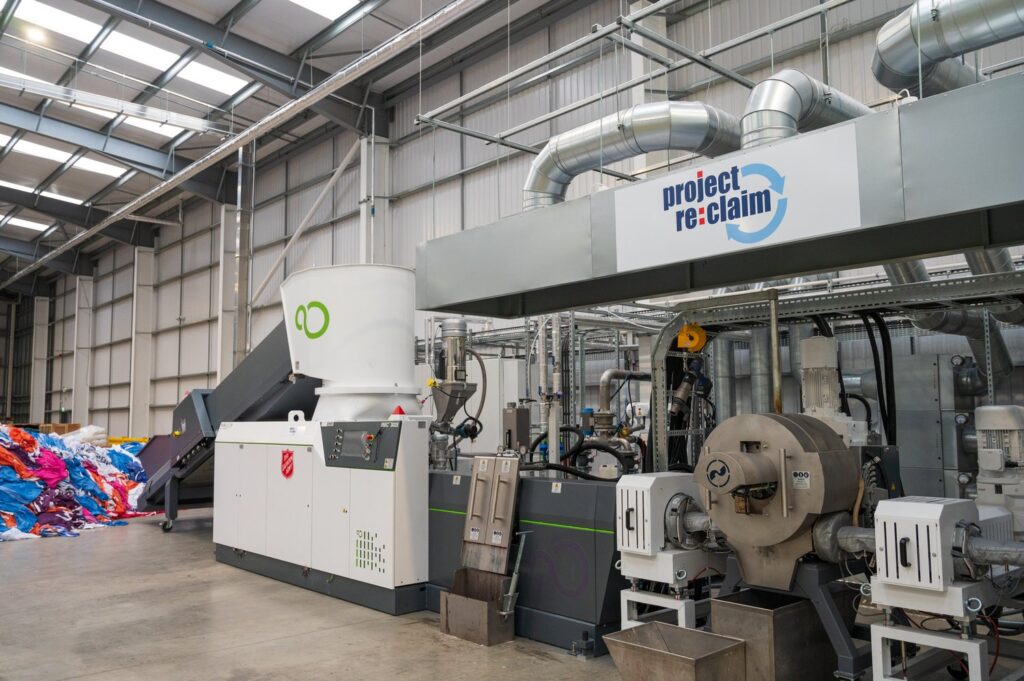The BIR World Recycling Convention & Exhibition, held in Barcelona last week (23 – 25 May), saw sustainability in the textiles industry discussed among other topics.
The textiles session on 24 May was moderated by Alan Wheeler of the Textile Recycling Association. Mr Wheeler pointed out that retailers were now “keen to know where to source recycled products”, such as yarn. He added that this is “a definite shift from where we were just a few years ago”.
While demand is increasing, the technology for recycled content in clothes is limited. Retailers have dabbled in providing clothing with recycled content included, but it hasn’t been widespread and some have raised concerns about microplastics.
Investment
Later in the session Erik Koep, CEO of Worn Again Technologies revealed his company’s plans to build an average of two or more plants a year to recycle textiles.
The business focuses on development of polymer recycling technologies for non-reusable textiles. This entails separating, decontaminating and extracting polyester and cellulose from cotton to produce dual PET and cellulose outputs.
In 2020, the company secured £7 million investment with the clothing-retail company H&M Group as one of the investors (see letsrecycle.com story).

Mr Koep added that the “technology to capitalise on the demand for sustainability in the textiles industry was now starting to come online”.
“And so, very rapidly, I think we are going to see the investment right behind it,” he stated. “I do believe we are at that inflection point.”
EU legislation
All participants agreed that work remained to be done to achieve “textiles circularity”.
Mr Wheeler called for “ambitious” targets from the fashion industry regarding its recycled content incorporation rates.
And the BIR Textiles division’s president, Martin Böschen of Switzerland-based TEXAID, highlighted the need for “more automation in the sorting process” that would deliver an accurate assessment of material composition.
Recycling processes needed to be “somewhat flexible”, he added. “The ones which are really narrow on the input side will not fly because we will not be able to supply material to 100% purity.”
Mr Böschen added that the proposed revision of the EU’s Waste Shipment Regulation could seriously impact exports of unsorted clothing, and so more sorting capacity would be required within Europe.
He also emphasised that the aim of legislators and others should be to keep products in use for as long as possible because even recycling had an environmental impact.
Limits on exports could seriously hamper textile recyclers, who rely on the markets to send clothes to be reused.












Subscribe for free